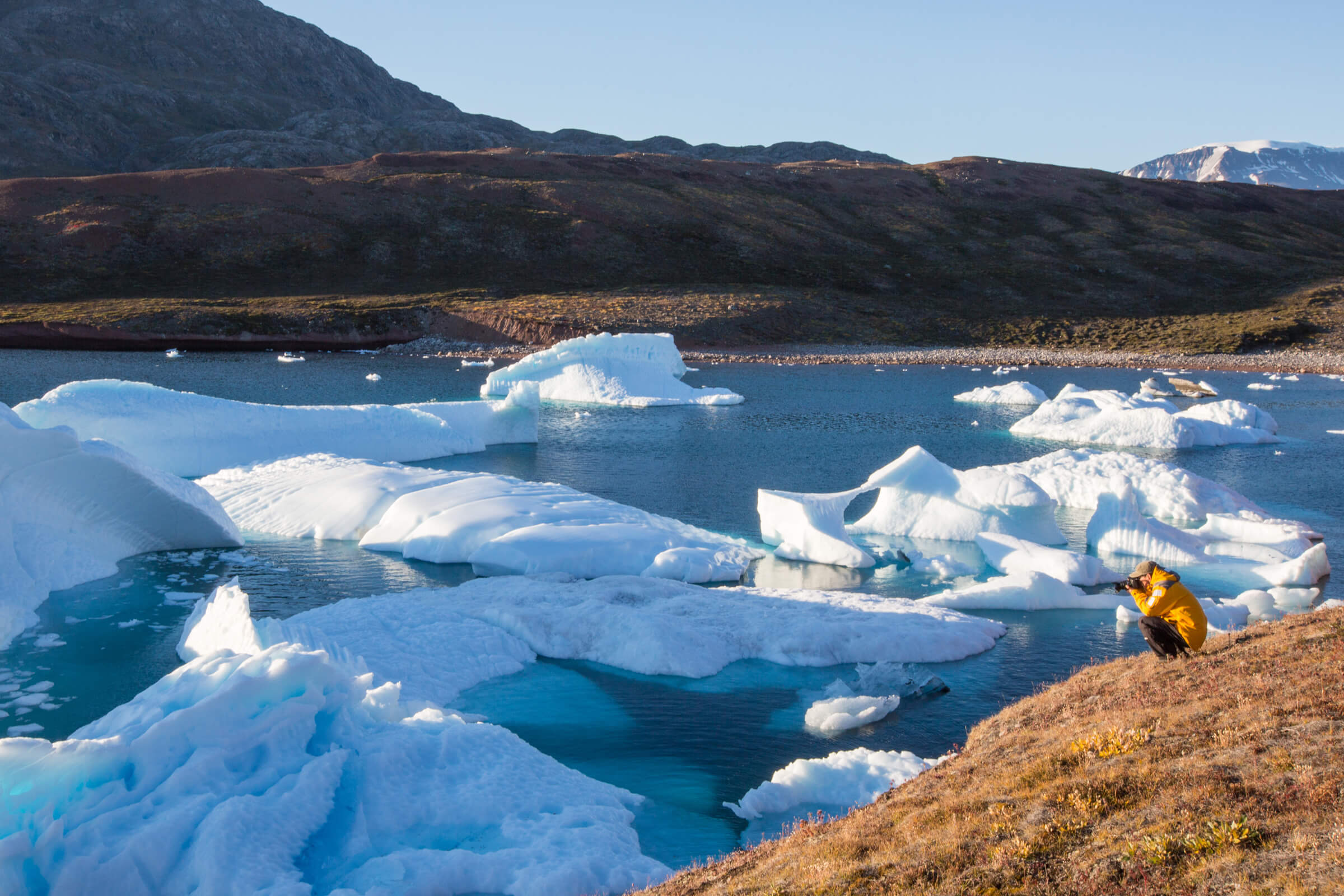Greenland: The Frozen Paradise Exploring Nature, Culture, And Opportunities - Greenland is a crucial location for scientific research, particularly in the fields of climate science and glaciology. Researchers from around the world study the Greenland Ice Sheet to better understand global climate patterns and sea level rise. The island also serves as a base for astronomical observations due to its clear skies and minimal light pollution. The flora in Greenland is limited due to the harsh climate, but certain hardy plants, such as mosses, lichens, and dwarf shrubs, thrive in the tundra regions. The island's pristine environment makes it an ideal location for nature enthusiasts and researchers studying the effects of climate change on ecosystems.
Greenland is a crucial location for scientific research, particularly in the fields of climate science and glaciology. Researchers from around the world study the Greenland Ice Sheet to better understand global climate patterns and sea level rise. The island also serves as a base for astronomical observations due to its clear skies and minimal light pollution.
The future of Greenland holds immense potential, with opportunities for growth and development in various sectors. As global interest in the Arctic region increases, Greenland is poised to play a significant role in shaping the future of the region. By balancing economic progress with environmental conservation, Greenland can ensure a sustainable future for its people and ecosystems.
Located between the Arctic and Atlantic Oceans, Greenland is a Danish autonomous territory that boasts a fascinating blend of history, culture, and modern development. Despite its remote location, Greenland has gained increasing attention from scientists, explorers, and tourists eager to explore its unspoiled wilderness and learn about its rich heritage.
In conclusion, Greenland is a remarkable destination that offers unparalleled opportunities for exploration and discovery. From its stunning natural landscapes to its rich cultural heritage, Greenland has something to offer everyone. As the world becomes increasingly aware of the importance of the Arctic region, Greenland's role in shaping the future of the planet cannot be overstated.
/179769392-58b9cab13df78c353c374860.jpg)
Greenland's government has implemented policies to protect its natural resources and promote environmentally friendly practices. International cooperation is essential in addressing these challenges and ensuring the long-term sustainability of Greenland's ecosystems.

Greenland is a vast island situated in the Arctic region, with an area of approximately 2.166 million square kilometers. It is the largest island in the world that is not part of a continent. The island is bordered by the Arctic Ocean to the north, the Greenland Sea to the east, and the Atlantic Ocean to the south and west.
Greenland, the world's largest island not part of a continent, is a land of breathtaking beauty and immense natural resources. From its stunning glaciers to its unique wildlife, Greenland offers an unparalleled experience for adventurers and nature enthusiasts alike. This article dives deep into the wonders of Greenland and why it has become a magnet for travelers seeking untouched natural landscapes.
However, Greenland's economy faces challenges due to its remote location and harsh climate. The government has been working to diversify the economy and reduce dependency on subsidies from Denmark. Investments in infrastructure and education are key components of this strategy.
To protect its fragile ecosystems, Greenland has established several national parks and protected areas. The Northeast Greenland National Park, for instance, is the largest national park in the world, covering over 972,000 square kilometers.
Improving infrastructure is a priority for Greenland, as it seeks to enhance connectivity and support economic growth. Investments in transportation, communication, and energy systems are underway to modernize the country's infrastructure. The construction of new airports and roads is expected to boost tourism and facilitate trade.
Greenland's culture is deeply rooted in its indigenous Inuit population, who have inhabited the island for thousands of years. The Inuit people have developed a rich cultural heritage, including traditional practices, language, and art. Today, Greenland's culture reflects a blend of Inuit traditions and modern influences from Denmark and other parts of the world.
Greenland faces several environmental challenges, including climate change, pollution, and overfishing. The rapid melting of the Greenland Ice Sheet is a major concern, as it contributes to rising sea levels worldwide. Efforts are being made to mitigate these effects through conservation programs and sustainable development practices.
